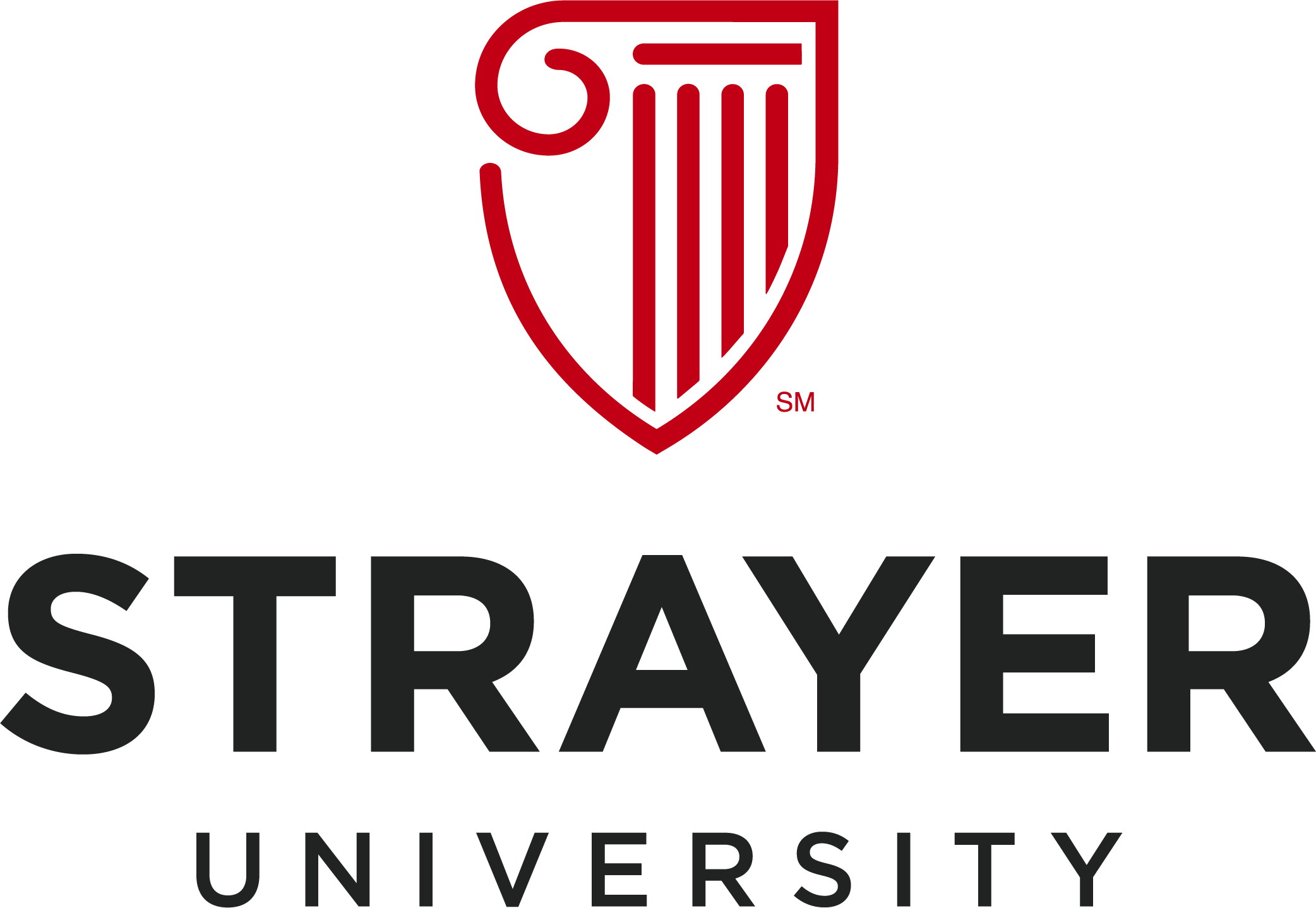
Magic happens in a Strayer University classroom when skills align directly with work. Jackie Williams, a BBA student, remembers when she clearly saw how the soft skills she was learning helped her as an assistant property manager.
“I was taking English 315, which requires a lot of professional writing,” she says. “Throughout the course, I learned how to get the right words out on paper and clearly and quickly state the purpose. I now do this daily at my job, whether it’s an email or a memo—I don’t ramble on, but get right to the point.”
Jackie represents many students who find that in addition to their classroom education and technical expertise, they develop a set of key skills that round them out as professionals. That’s no accident. Strayer University asked large national employers about the skills they look for in employees, and then created a set of 10 essential skills that have become an integral part of students’ coursework (see below).
10 Key Employability Skills
- Communication
- Problem solving
- Data analysis
- Productivity
- Digital proficiency
- Creativity and innovation
- Agility
- Confidence and self-efficacy
- Self- and social-awareness
- Drive and initiative
As a law enforcement officer for the Department of Homeland Security, Leonardo Guzman, BBA ’19, says his job “involves a lot of report writing. My communication and writing significantly improved, and I became more patient with the writing process.”
Like any good writer, Leonardo says he now understands the importance of revising; checking to make sure his writing is clear and concise.
Doing so can help enhance your technical skills, according to Jackie. “In learning skills like business writing, time management and critical thinking, you become more effective at your job and can offer more value to your employer.”
For instance, Leonardo says that developing public speaking skills through his coursework has contributed to success in his role. “For public speaking, I learned how to prepare an outline and think through the structure and the story I’m telling,” he says. “I do that a lot in my job as I conduct interviews—taking more notes and listening for themes so I can better guide the conversation. It has helped me be a more effective interviewer.”
Inspired by the women she works with as a paralegal for Cleveland Clinic, Nataly Cabrera (BBA student) returned to school to “become the best version of myself.” That means acquiring skills that would help her progress in her career. “I really feel like I’m learning—not just going through the motions. For instance, I took a criminal justice course, and I gained even more insight and knowledge into my field. It was applicable right away.”
Jackie, Leonardo and Nataly all note that their productivity, confidence and drive are helping them achieve their career aspirations in the real world. “I’ve learned to manage my time more wisely and how to quickly get back on track if I lose focus,” says Jackie. “I’ve gotten better at reorganizing my priorities and refocusing to help me achieve my goals even when it feels like a struggle.”
“I’ve been able to maintain a high grade point average in large part because of the time-management resources,” says Nataly. “I have the necessary clarity on deadlines and priorities, and I apply the same structure I have at my job to my education. On top of that, the culture of Strayer encourages collaboration and relationship-building—even in a virtual environment—which are great career skills.”
Leonardo adds that, “You learn to not be intimidated, and that would be my guidance to students. Take pride in your work, which will help you build your confidence and perform better in your endeavors.”

